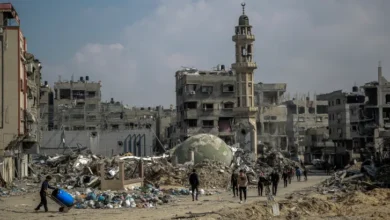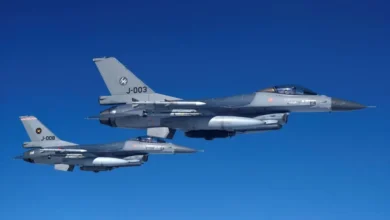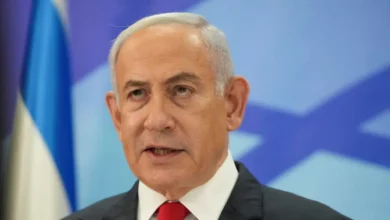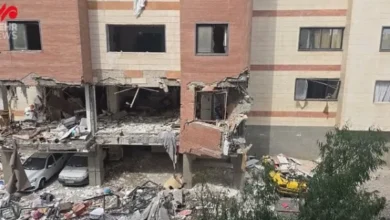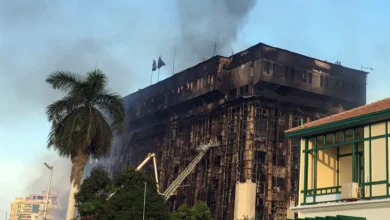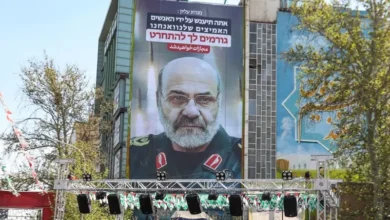No to Trump: Why Afghanistan’s neighbours have opposed US Bagram
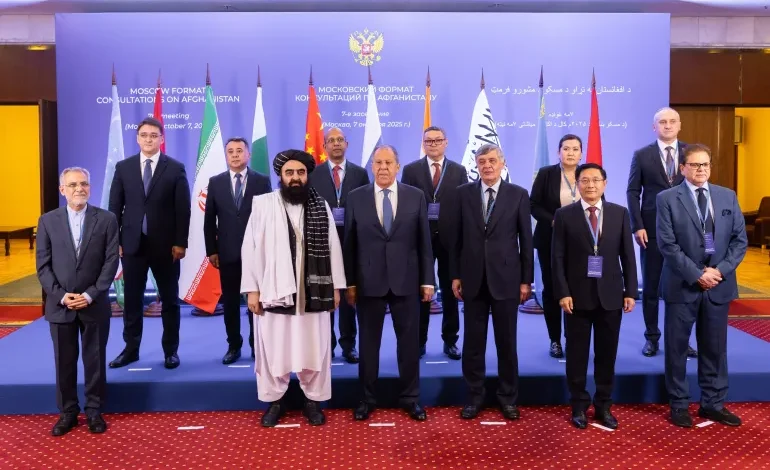
Seated next to British Prime Minister Keir Starmer during a visit to the United Kingdom in September, United States President Donald Trump made clear he was eyeing a plot of land his country’s military once controlled nearly 8,000km (4,970 miles) away: Bagram airbase in Afghanistan.
“We gave it to [the Taliban] for nothing. We want that base back,” he said. Two days later, this time opting to express his views on social media, Trump wrote: “If Afghanistan doesn’t give Bagram air base back to those that built it, the United States of America, bad things are going to happen!”
The Taliban, predictably, bristled at the demand and stressed that under “no circumstances” will Afghans hand over the base to any third country.
On Tuesday, the Taliban, who have ruled Afghanistan since their takeover of Kabul in August 2021, won a remarkable show of support for their opposition to any US military return to the country, from a broad swath of neighbours who otherwise rarely see eye-to-eye geopolitically.
At a meeting in Moscow, officials from Russia, India, Pakistan, China, Iran, Kazakhstan, Tajikistan, Uzbekistan and Kyrgyzstan joined their Taliban counterparts in coming down hard on any attempt to set up foreign military bases in Afghanistan. They did not name the US, but the target was clear, say experts.
“They called unacceptable the attempts by countries to deploy their military infrastructure in Afghanistan and neighbouring states, since this does not serve the interests of regional peace and stability,” said the joint statement (PDF) published by the Russian Ministry of Foreign Affairs on October 7 at the conclusion of the seventh edition of what are known as the Moscow Format Consultations between Afghanistan’s neighbours.
Pakistan, China, Russia and Iran had opposed “the reestablishment of military bases” in a similar declaration last month on the sidelines of the United Nations General Assembly. But the Moscow communique brought together a much wider range of nations – some with competing interests – on a single page.
India and Pakistan have long vied for influence over Afghanistan. India also worries about China’s growing investments in that country. Iran has often viewed any Pakistani presence in Afghanistan with suspicion. Kazakhstan, Kyrgyzstan, Tajikistan and Uzbekistan have long feared violence in Afghanistan spilling over into their territory. And in recent years, Pakistan has had tense relations with the Taliban – a group that it supported and sheltered for decades previously.
The confluence of these countries, despite these differences, into a unanimous position to keep the US out of the region reflects a shared regional view that Afghan affairs are a “regional responsibility”, not a matter to be externally managed, said Taimur Khan, a researcher at the Institute of Strategic Studies Islamabad (ISSI).
“Despite their differences, regional countries share a common position that Afghanistan should not once again host a foreign military presence,” Khan told Al Jazeera.
That shared position, articulated in Moscow, also strengthens the Taliban’s hands as it seeks to push back against pressure from Trump over Bagram, while giving Afghanistan’s rulers regional legitimacy. Most of their neighbours are deepening engagements with them, even though Russia is the only country that has formally recognised them diplomatically as the Afghan government.
A symbolic, strategic prize
The groundwork for the Afghan Taliban’s return to power was laid in Doha in January 2020, under Trump’s first administration; they ultimately took over the country in August 2021, during the tenure of the administration of former President Joe Biden.
Yet in February this year, a month after taking the oath for his second term, Trump insisted: “We were going to keep Bagram. We were going to keep a small force on Bagram.”
Bagram, 44km (27 miles) north of Kabul, was originally built by the Soviet Union in the 1950s. The base has two concrete runways – one 3.6km long (2.2 miles), the other 3km (1.9 miles) – and is one of the few places in Afghanistan suitable for landing large military planes and weapons carriers.
It became a strategic base for the many powers that have occupied, controlled and fought over Afghanistan over the past half-century. Taken over by US-led NATO forces after the invasion of Afghanistan following the September 11 attacks, Bagram was a central facility in Washington’s so-called “war on terror”.

